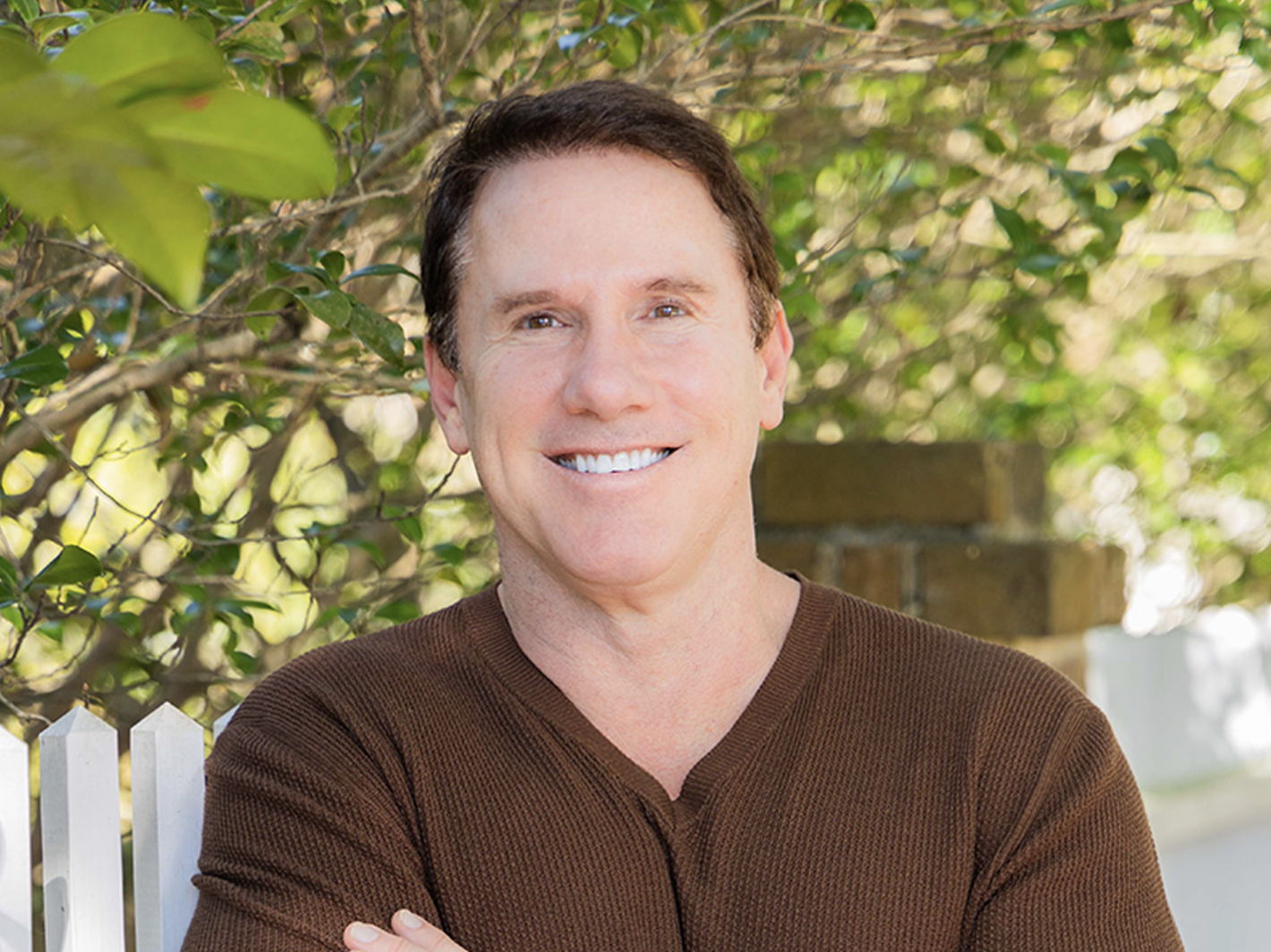It’s about a boy from a wonderful family with parents who dreamed about a better future for their children. While they couldn’t afford a private education, they believed in the importance of education as a way to change their children’s lives. The young boy flourished with the support of enthusiastic teachers, excelled in his classes, and went to a good university. With his experience in the classroom, he wrote a novel at nineteen and another at twenty-two. Years later, he wrote another entitled The Notebook.
Education changed my life, and the education I received growing up prepared me for the world I’d face in the future.
When my own children were beginning their educations, I took a moment to consider how much the world had changed since I was young. I wondered if my kids’ modern education included skills from our stunning technological advances and increasing globalization. Through research, I realized that my children were receiving almost the same education that I had decades ago—a non-globalized education that hadn’t changed much since the 1950s.
Where was the use of technology as a learning tool? How did they teach fluency and a global perspective? Where were the skills I use in my daily life, like creativity, curiosity, and perseverance? I looked for any school in the country that emphasized these.
The only ones I found were private schools, and most of them were far beyond the means of most families. That didn’t sit right with me. Why should only children from wealthy families receive the kind of education that all children deserved? It wasn’t fair, and I knew it.
Cathy Sparks and I realized that if we wanted to do the right thing for young people, we’d have to start our own school. Our school would introduce students to diverse subjects, foreign language fluency, and globalized opportunities in the world beyond our borders. It would stress skills like critical thinking, discipline, and adaptability. It would offer extracurricular activities beyond student expectation.
There were no models or schools attempted to do all that we envisioned. And yet we went ahead, to design and implement cutting edge programs. We vetted potential global partners, learned what worked and didn’t for other schools.
And we succeeded. We implemented a challenging academic program with 21st-century skills and a global studies program unlike any other in the country. Families began flocking to the school, boosting enrollment every year.
When you start down an unknown, unexplored path, occasional wrong turns are inevitable. But at the school, we adapted and learned from our mistakes. We tried new ideas, keeping the ones that worked and dismissing the others. Slowly but surely, The Epiphany School of Global Studies became what we dreamed.
And now, I’m asking for your help in supporting the school. Cathy and I have poured our heart, soul, and finances into a school that can prepare students for life in the 21st century. If you believe education is critical to shape young people’s lives like we do, then you realize supporting The Epiphany School of Global Studies will improve the quality of education in your own community.
Because of our success, the school is growing as a “think tank”—where educational ideas are tested in real-world settings and perfected for instruction everywhere. We always strive to grow, and we partner with organizations, companies, and nonprofits in ways that other schools can’t. By supporting The Epiphany School of Global Studies, you will be supporting our hope to improve learning for all students.
With Gratitude,
Nicholas Sparks
Co-Founder
The Epiphany School of Global Studies


